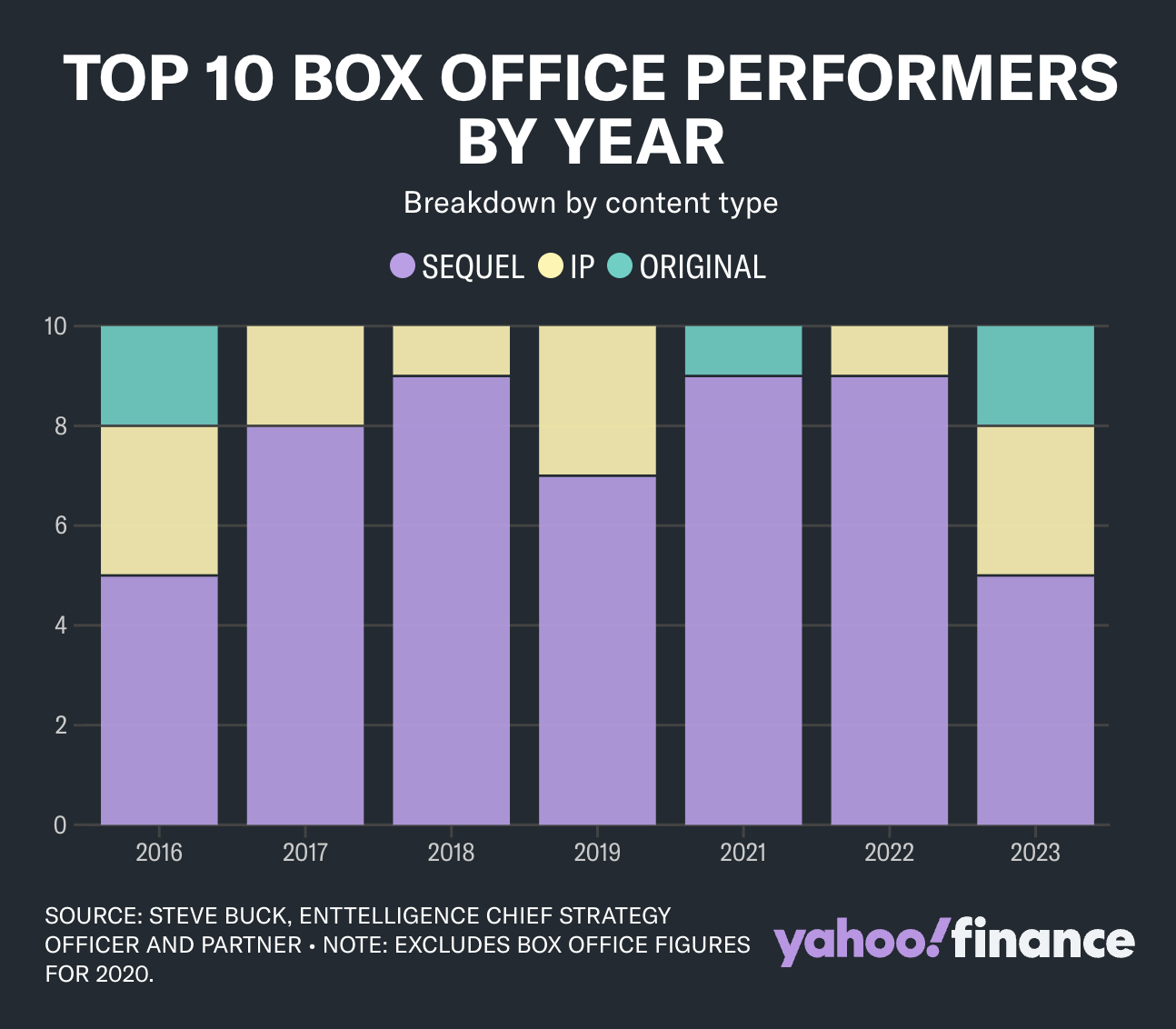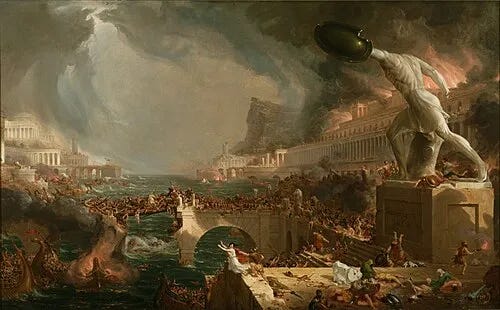Welcome to Friday Footnotes, a weekly newsletter from me,
(founder of Storygram). It’s even got pictures 🙌Each week I touch on reading, motivation, children’s books, education, writers, or whatever else catches my attention. Please reply with your thoughts, and share widely!
This week’s footnotes 🧐
I’m trying a new format - here are three thoughts that occurred to me this week that ended up as footnotes in my journal. Leave a comment with your take!
1. Finishing a book brings both joy and grief

This occurred to me while writing my latest post, in which I reveal the ultimate secrets to motivation, which have eluded humans for millennia. (Not bad for a Wednesday afternoon).
When reading a story, we get to know, and often fall in love with, the characters. The ending of a story is intrinsically rewarding (wow I got through a whole book, look ma - I’m a reading genius!) - but the end also tends to bring resolution to conflict and ties up loose storylines. Things are revealed that were hidden. Order is restored. Many times I have felt a sense of joyous completion and wholeness as a story resolves.
But… when you read the last word of a book and close the pages, what happens to the characters that you have grown to love? To my twisted mind, they die. Unless there are additional stories, sequels, prequels, spinoffs, etc, the characters essentially become history. They only live as long as the story lives. This is the grief of finishing a book — losing connection with the characters.
2. We love sequels because we want to live forever
This thought leads on from the first. Why is popular culture so full of sequels, prequels, and spinoffs? Partly, of course, capitalism: the IP is owned by the publisher or studio.

But another partial answer might be that we simply can’t accept death. If we can continue to experience a fictional world full of rich characters that we love, then why should we ever allow it to end? Star Wars - will it ever finish? How about Marvel? (While Disney holds the IP; of course not).
We hold on to these worlds in part because to let go of them would be to accept that life is finite - something we find increasingly difficult to admit. #Philosophy
3. Should you ever recommend a book that you haven’t read?
Changing gears: recently, I’ve begun creating reading lists (with points! And prizes! 🏆) to help motivate a particular child to read. First, I sought to clarify his current interests, and then researched books around his current reading level. Some suggestions are easy wins with lower points. Some are new, some old. Challenging books get more points.
We’re still in negotiations about the prizes. He has expensive taste.
I currently have 15 books on the list, but I haven’t read 8 of them for myself. Do I go ahead and recommend books based solely on online reviews, or should I bite the bullet and do a speed-read of each on the Kindle before letting the books hit the list?
Is it ever okay to recommend a book that you haven’t read?
Worth a read 💯
The dawn of the post-literate society by
has gone pandemic (viral) on Substack. It’s long (at around twenty minutes) but is a fascinating read.If I’m honest, it’s also pretty depressing.
James covers the reading revolution of the 1700s, where reading was no longer an elite pastime but was rapidly adopted by the middle and lower classes. He argues that the world of print was responsible for much of the way society then developed, as it invited orderly thinking and reasoning. He argues that literacy laid the groundwork for liberal democracy.
But wait! Over the past decades, a counter revolution has been steadily unfolding. Reading pleasure and literacy levels are in “free-fall”. Smartphones replace attention with distraction. Universities are discovering that post-literate cohorts have declined in cognitive ability, attention span, analytical thinking, and even IQ.
The gains made over three centuries are already being undone.
🎉 Don’t worry - it gets more depressing! 🎉
James reflects on the losses that we will see as literacy declines: intellectual debate (philosophical, scientific, political); creativity and innovation (replaced by a stagnant culture, recycled film franchises (see above!) and simpler music); oral-first thinking (emotion over logic - such as shouting, emotive music, or tears); and finally, the end of democracy!
Yikes. Welcome to the new dark age:
Without the knowledge and without the critical thinking skills instilled by print, many of the citizens of modern democracies find themselves as helpless and as credulous as medieval peasants — moved by irrational appeals and prone to mob thinking. The world after print increasingly resembles the world before print.
Superstitions and anti-democratic thinking flourish. Scholarship in our universities is shaped by rigid partisanship not by tolerance and curiosity. Our art and literature is cruder and more simplistic.
Read the full article here.
Oh, and if you want something to cheer you after that, read The post-literate society is not inevitable, by
.Quote
“Not all reading is created equal. Just as not all food nourishes, not all content feeds the mind. In the age of platforms and prompts, of AI authors and infinite feeds, we are reading more but understanding less. What we consume is increasingly pre-digested cognition: engineered for ease, stripped of its vital ambiguity, void of risk.
Ultra-processed reading is syntactically smooth, cognitively shallow, emotionally inert. This isn’t just about TikTok or Twitter. It’s about how the medium reshapes the mind, how digital habits dull our appetite for complexity, and how a civilisation that forged itself through the long-form written word might forget what it means to think.”
—
, Ultra-processed ReadingThat’s all for today. Have a wonderful weekend, and try not to think too much about the end of civilisation, won’t you? 😊



